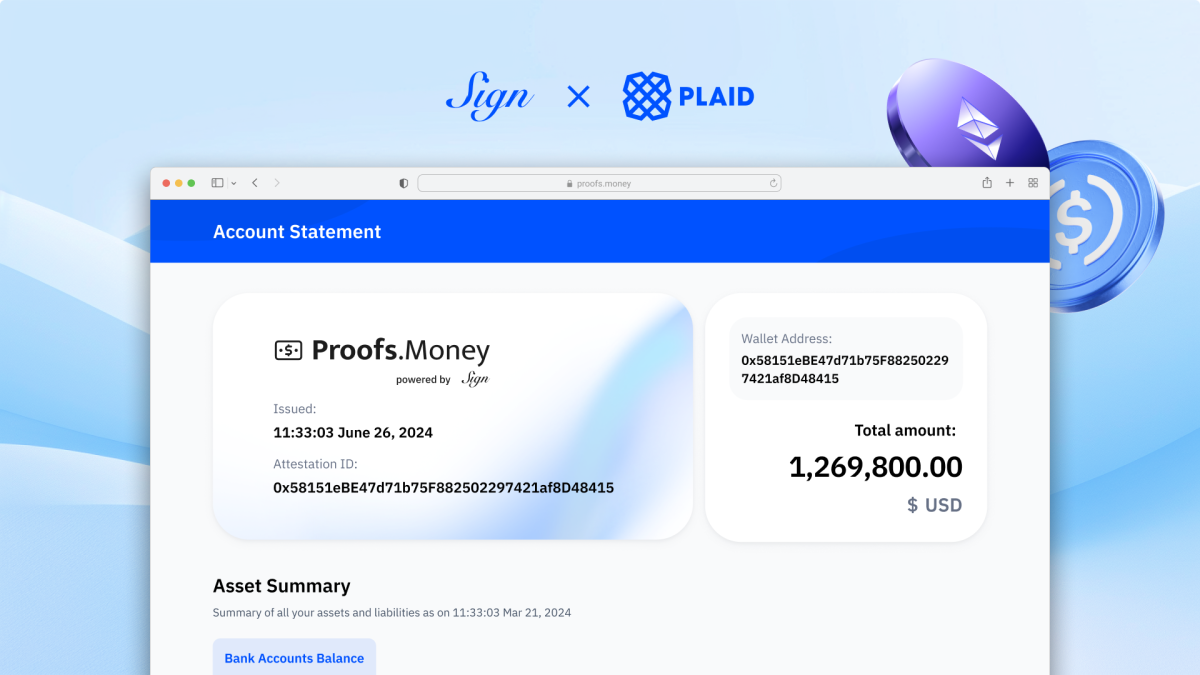What are the advantages and disadvantages of DeFi?

Decentralized Finance, or DeFi, has been gaining popularity in recent years as a new way of conducting financial transactions without the need for intermediaries such as banks.
DeFi is built on blockchain technology and offers a range of financial services, including lending, borrowing, trading and investing.
While DeFi has many advantages, such as increased accessibility and transparency, it also has its fair share of disadvantages, such as high volatility and security risks. In this article, we will explore the advantages and disadvantages of DeFi and how they impact the future of finance.
Advantages of DeFi in the cryptocurrency world
DeFi has brought a revolution to the traditional financial system by offering services that are not controlled by any central authority such as banks or financial institutions.
Transactions are facilitated by smart contracts — self-executing contracts with the terms of the agreement directly written into code. This not only reduces costs and increases efficiency, but also democratizes the financial system by enabling anyone to create, execute, and validate transactions, irrespective of their location or financial status.
This has several advantages in the world of cryptocurrency. One of the key benefits is the democratization of finance. DeFi allows anyone with an internet connection to access financial products and services, removing geographic barriers and exclusionary practices often seen in traditional banking systems.
An estimated 1.7 billion adults globally do not have access to a bank account. DeFi can provide these individuals with access to financial services, such as savings and credit, which can lead to improved economic opportunities and financial security. This aspect of DeFi is not just transforming the financial landscape but also has the potential to contribute significantly to global economic equality.
Another major advantage is the potential for increased security and privacy. Since DeFi applications are built on blockchain technology, transactions are transparent and can be audited by anyone. This reduces the risk of fraud and corruption. In addition, since transactions are peer-to-peer, users have full control over their assets and personal information, unlike in traditional financial systems where banks and other institutions hold and control user data.
DeFi also offers more efficient and faster transactions. Traditional banking systems often involve lengthy processes and intermediaries which can slow down transactions. In contrast, DeFi operates round the clock, allowing instant, seamless transactions. This is particularly beneficial for cross-border transactions which can be slow and expensive in the traditional banking system.
Disadvantages of DeFi
Despite the numerous advantages, it's important to acknowledge the potential downsides of DeFi in the realm of cryptocurrency.
One of the main disadvantages is the high level of technical expertise required to engage in DeFi practices. The complex nature of blockchain technology, smart contracts, and cryptocurrency can be daunting for beginners and less tech-savvy individuals. Without a comprehensive understanding of the mechanisms underlying DeFi, users are susceptible to making errors, which could lead to substantial financial losses.
Another major disadvantage of DeFi is the high number of risks associated with it. These include market volatility, smart contract failures, and hacking threats. Moreover, unlike traditional banking systems which offer insurance and consumer protection mechanisms, such safeguards are typically absent in the DeFi space. Therefore, users must bear the full risk of their investments.
Legal and regulatory uncertainties pose a critical challenge. Given the novelty of DeFi, many jurisdictions lack clear regulatory frameworks for it. This can lead to legal uncertainties and potential disputes.
As regulators worldwide are still grappling with how to manage and oversee this emerging field, there is a risk of future regulatory crackdowns that could impact the viability of certain DeFi projects.
The scalability issues of the Ethereum network, which hosts the majority of DeFi applications, also pose a significant challenge. High transaction costs and slow transaction speeds during peak periods could limit the usability and appeal of DeFi applications.
The risk of a smart contract exploit
DeFi projects often leverage smart contracts which, while offering enhanced automation and efficiency, are also subject to risks such as bugs and exploits. If a smart contract is poorly written or contains a bug, it can be exploited by malicious actors leading to significant losses.
Such vulnerabilities have led to numerous DeFi hacks and security breaches in the past, underscoring the inherent risks in this nascent industry.
While some projects have implemented measures to address these risks, such as conducting security audits and bug bounties, the risk of hacks and scams remains a significant challenge in the DeFi space. Furthermore, the lack of regulatory oversight in DeFi means that users have limited recourse in the event of a hack or scam
Successful DeFi projects and their benefits
As we delve into understanding DeFi, it's essential to shed light on some established projects in the DeFi sector.
One such project is Compound, an algorithmic, autonomous interest rate protocol built for developers, to unlock a universe of open financial applications. Compound allows its users to earn interest on their cryptocurrencies by lending them out to other users. The interest rate is determined algorithmically based on supply and demand, enabling users to earn a significant return on their digital assets.
Another notable DeFi project is Uniswap, a fully decentralized protocol for automated liquidity provision on Ethereum. Uniswap has simplified the process of trading and has significantly reduced the need for traditional intermediaries, making trading less expensive and more efficient. It allows anyone with an Ethereum wallet to swap a variety of Ethereum tokens directly from their wallet app. Anyone can also become a liquidity provider and earn fees on trades that happen in their pool.
Aave is another successful DeFi lending platform that allows users to earn interest on deposits and borrow assets. However, Aave has an innovative feature known as "flash loans," which allows borrowing without collateral, provided that the loan is returned within one Ethereum block. This feature opens up new opportunities for developers to create unique financial products.
These projects illustrate the potential of DeFi to deliver significant benefits to users, such as lower costs and improved accessibility. But it doesn't come without risks.
Disclaimer: This article was produced with the assistance of OpenAI’s ChatGPT 3.5/4 and reviewed and edited by our editorial team.
© 2023 The Block. All Rights Reserved. This article is provided for informational purposes only. It is not offered or intended to be used as legal, tax, investment, financial, or other advice.



